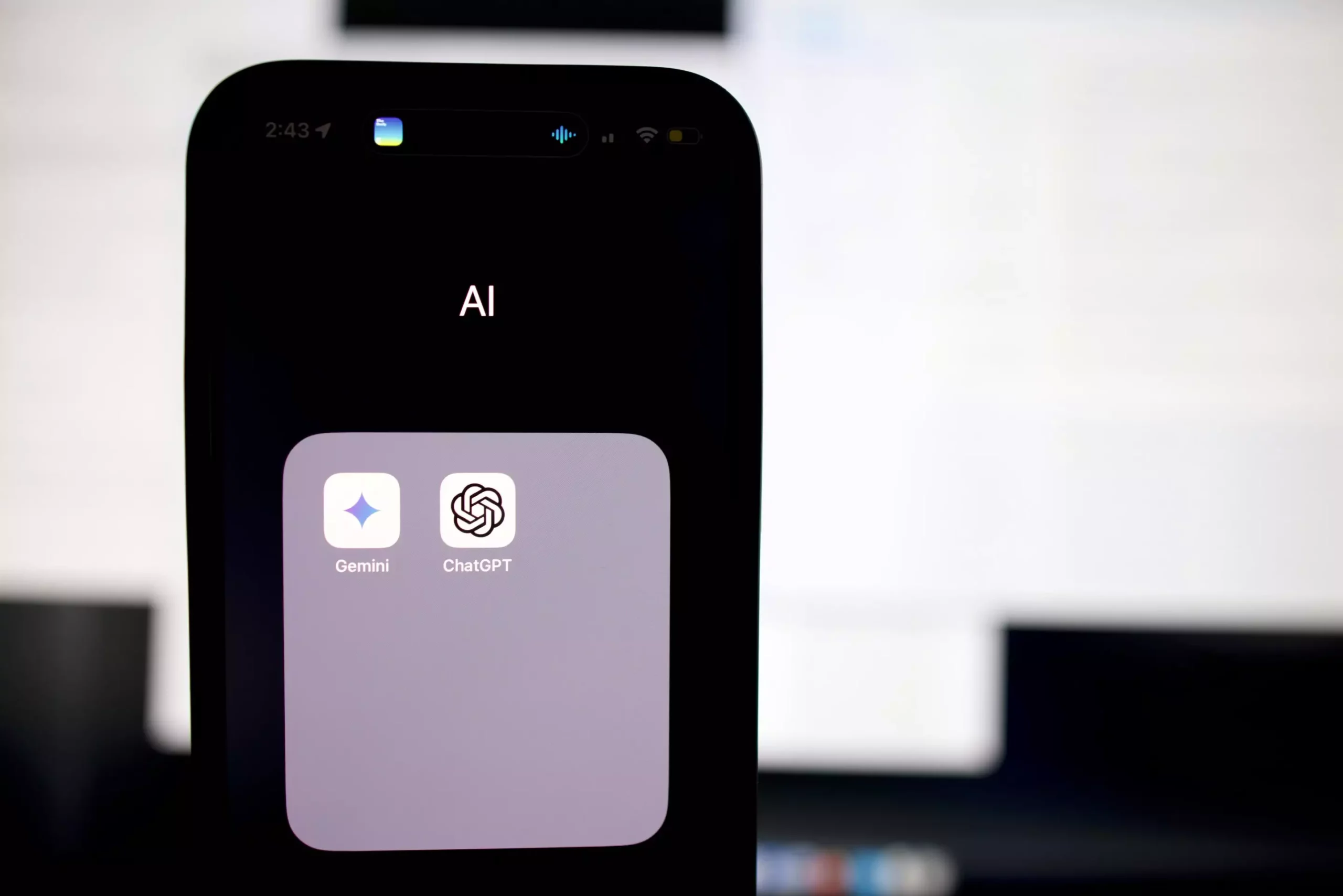AI systems are rapidly becoming more prevalent in our society, but the question arises: should we trust them blindly? The Australian government has released voluntary AI safety standards and proposed greater regulation on the use of AI in high-risk situations. However, the push for more people to use AI and to trust this technology raises concerns about the lack of transparency and accountability in AI systems.
One of the main issues with AI systems is that they are trained on massive data sets using complex mathematics that most people cannot comprehend. This results in outputs that are difficult to verify and often riddled with errors. For example, even state-of-the-art systems like ChatGPT and Google’s Gemini chatbot have shown inaccuracies and failures in their results. This lack of accuracy and reliability in AI systems is a major reason for public distrust of the technology.
The Risks of Using AI
While AI has the potential to bring numerous benefits, there are also significant risks associated with its widespread use. From autonomous vehicles causing accidents to AI recruitment systems showing bias against certain groups, the harms of AI can be wide-ranging and profound. Additionally, the collection of private data by AI tools raises serious concerns about privacy and security. The Australian government’s proposed Trust Exchange program and the potential for mass surveillance through data collection highlight the need for greater regulation and oversight of AI technologies.
Automation bias, the tendency for users to believe that technology is smarter than they are, can lead to excessive trust in AI systems. This blind trust in AI poses significant risks to individuals and society as a whole. By encouraging the widespread use of AI without proper education or understanding of its limitations, we could be subjecting ourselves to a system of automated surveillance and control. This could undermine social trust and cohesion and have far-reaching implications for our democracy and way of life.
While the Australian government’s push for greater regulation of AI is a step in the right direction, the focus should be on protecting individuals and ensuring the responsible use of AI, rather than mandating its widespread adoption. Implementing standards like those established by the International Organization for Standardization can help to ensure that AI systems are used in a well-reasoned and regulated manner. It is essential that we approach the use of AI with caution and skepticism, rather than blind trust.
The risks of blindly trusting artificial intelligence are significant and must be addressed through greater regulation and oversight. As AI becomes more prevalent in our society, it is critical that we understand its limitations and potential harms. By approaching the use of AI with caution and holding developers and companies accountable for their actions, we can ensure that AI is used responsibly and ethically for the benefit of all.


Leave a Reply